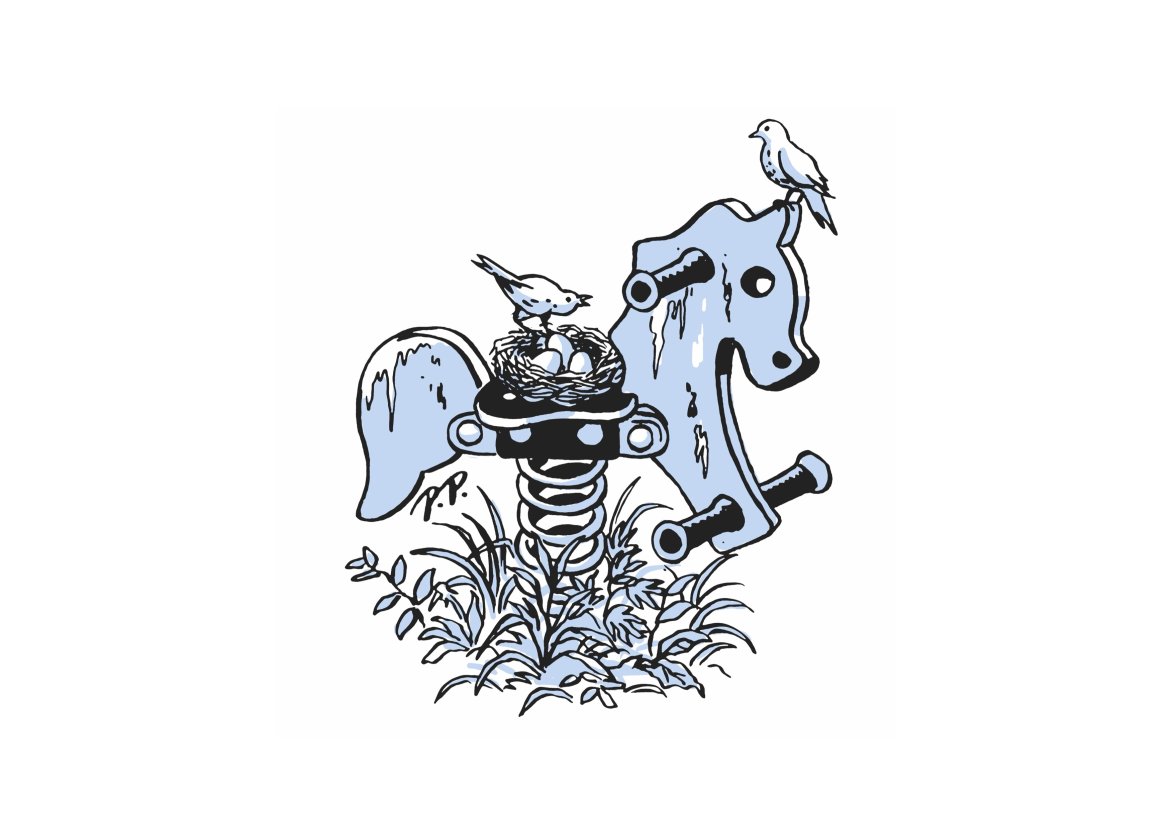In 2024, Czechia saw the lowest number of births since records began in 1785. Deník N has published an in-depth series of articles exploring the causes and implications, featuring perspectives from experts in obstetrics, economics, sociology, social geography and demography.

A substantial part of the analysis draws on findings by researchers from the Department of Demography and Geodemography at the Faculty of Science, Charles University, who provided a detailed view of evolving reproductive behaviours in Czech society. The article noted:
The authors of the recent study Changes in Contraceptive Behaviour in the Czech Population found that “the biggest decline in the use of hormonal contraceptive pills occurred among the youngest women aged 18–27 – from 76 to 37 per cent, partly reflected in increased condom use (from 21 to 35 per cent in the 18–27 age group).”
“Contraceptive use has continued to decline, and the most recent survey shows the figure has dropped to 22 per cent. This shift away from hormonal contraception is a Europe-wide trend. Social media and negative experiences shared online by other women play a major role. Among the reasons for rejecting hormonal contraception are concerns about side effects, such as future fertility or reduced libido,” explained Jiřina Kocourková, author of the study, from the Department of Demography at the Faculty of Science, Charles University, and member of the SYRI National Institute. The lowest use of hormonal pills is found among university-educated women.
Younger women also tend to use less reliable methods, such as withdrawal and fertility awareness methods.
“Some couples use less reliable contraception without planning to have children. They are unable to say: Now we will have a baby. They tend to postpone this decision requiring great responsibility. At the same time, they use less reliable contraception with the idea that if it fails, it would not be such a problem. This may be one of the reasons why these methods are on the rise,” added co-author Jitka Slabá.
And further:
Jiřina Kocourková, head of the Department of Demography and Geodemography at the Faculty of Science, Charles University, recently highlighted an inconspicuous but crucial detail in her presentation in the Senate.
Back in 2005, 65 per cent of women aged 18–29 responded positively to the question of whether they needed children to fulfil their lives in the Contemporary Czech Family survey. Between 2020 and 2022, this figure in the same age group was only about twenty per cent.
We recommend reading the full summary article in Deník N – it captures the profound transformations of family behaviour and values in young generations:
Babies at a Minimum. Why is it so and what will it lead to? (Deník N)





















